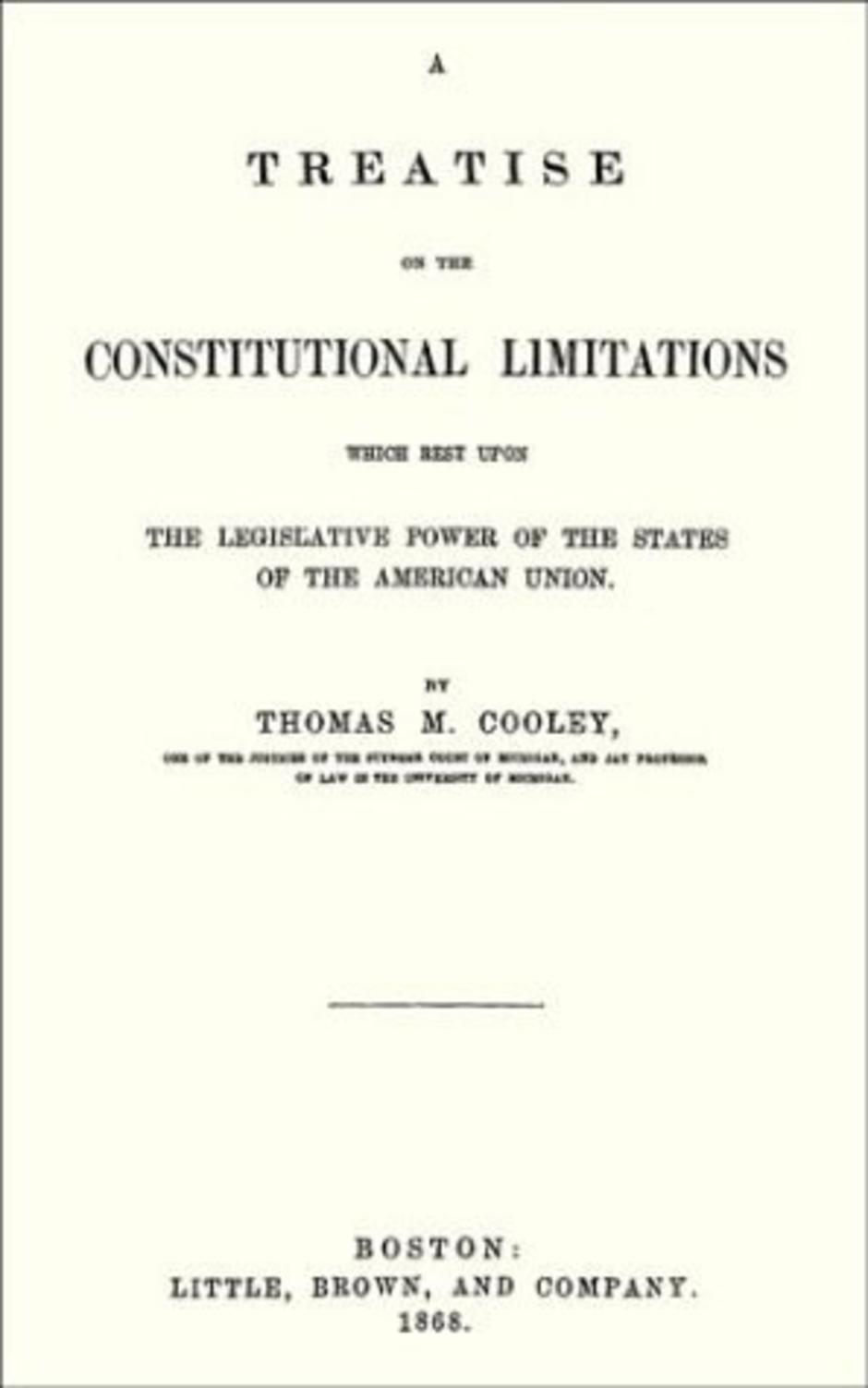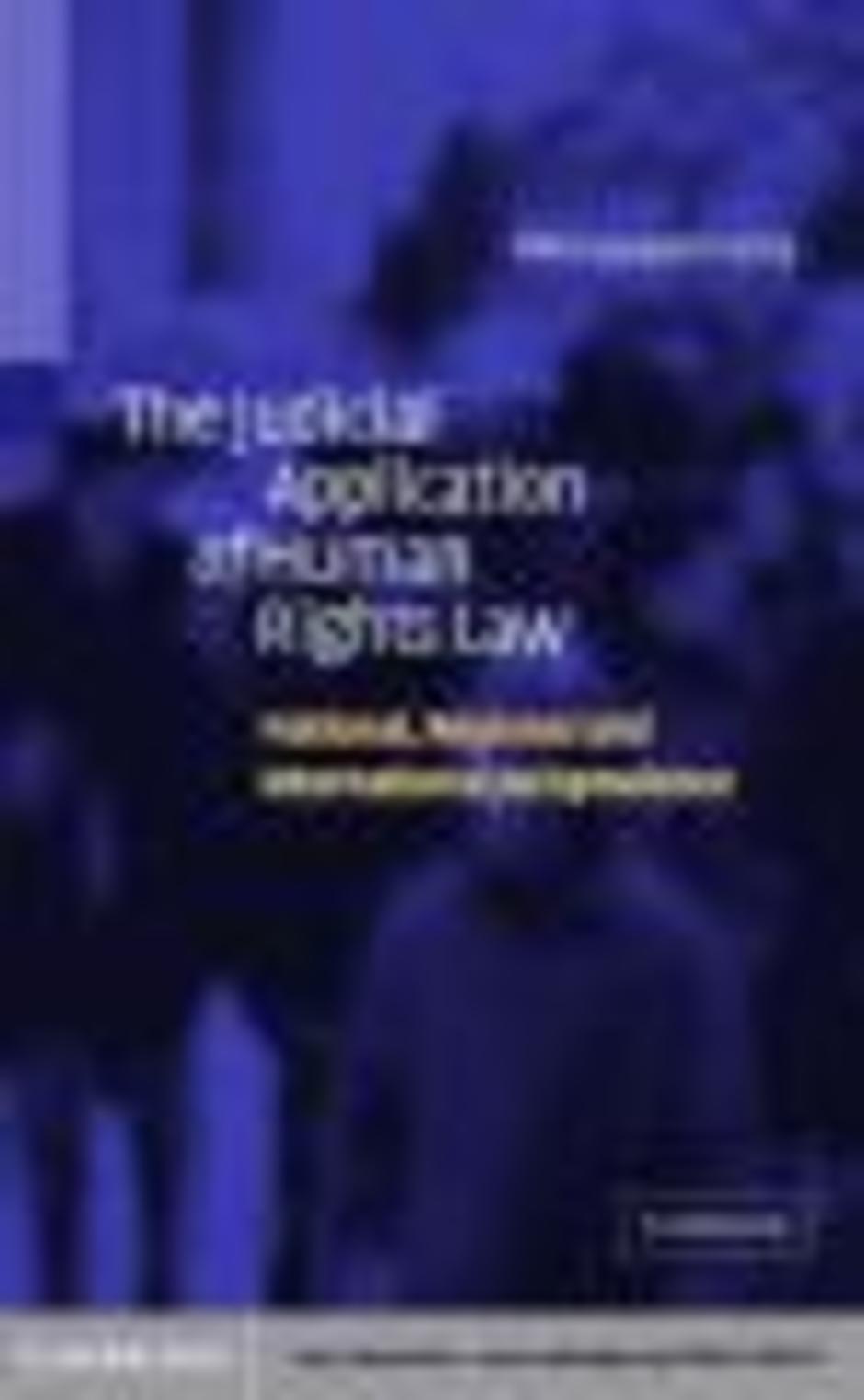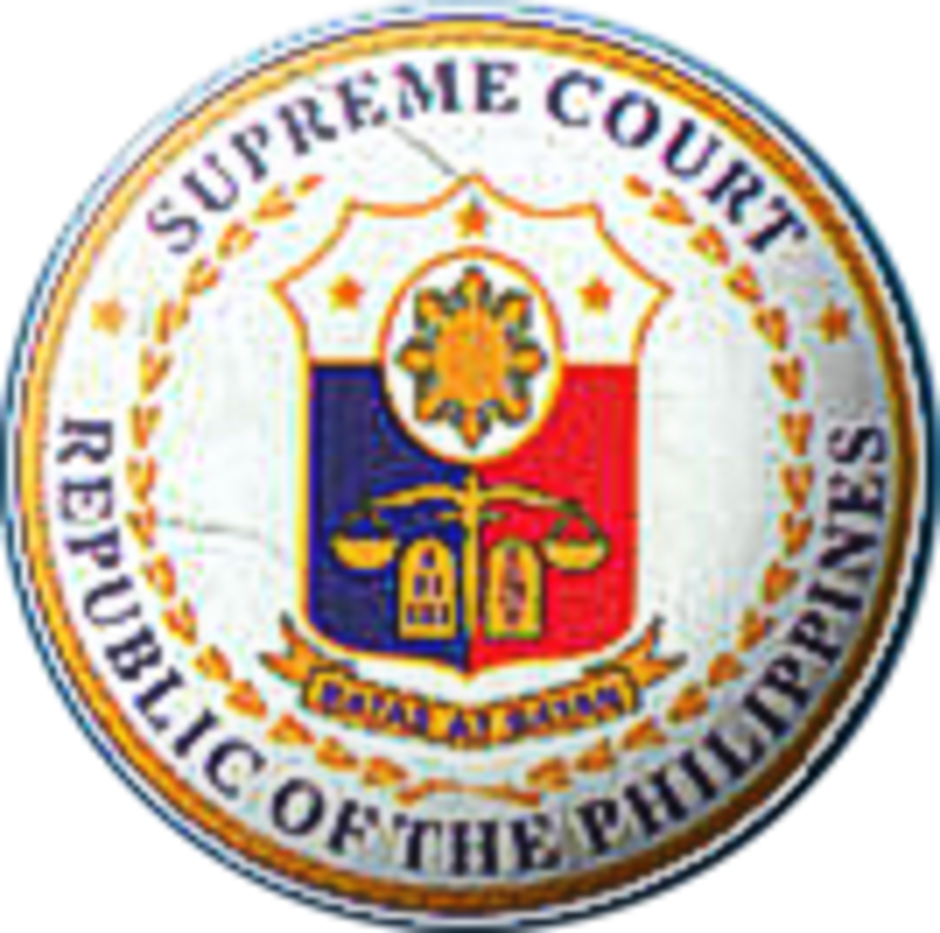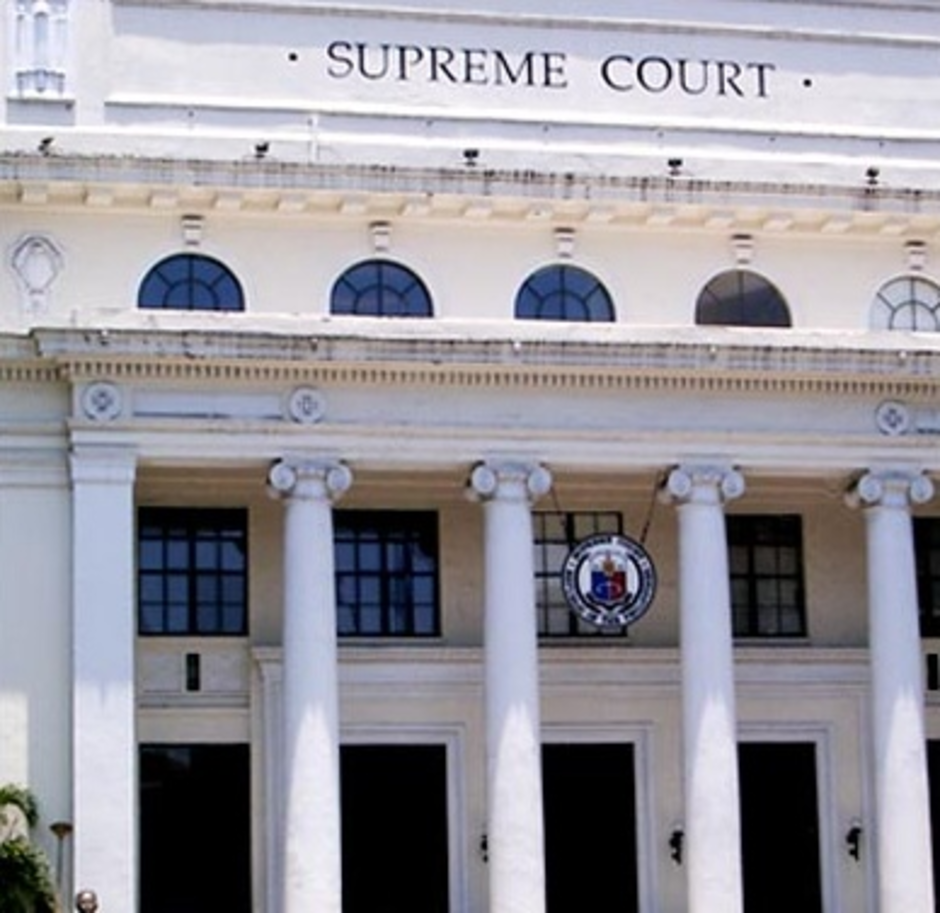“ทั้งนี้ ตามที่กฎหมายบัญญัติ” ไม่ตัดสภาพบังคับอัตโนมัติ (“Self-Executing”) ไม่ผูกมัดต้องคอยกฎหมายลูก
รัฐธรรมนูญชาติต่างๆมักมีวลี “ทั้งนี้ ตามที่กฎหมายบัญญัติ” ซึ่งภาษาอังกฤษเรียก “provided by law,” “prescribed by law,” “in accordance with law,” “in conformity with law,” ภาษาฝรั่งเศสเรียก “prévu par la loi,” “dans les conditions déterminées par la loi” (Jayawickrama, 2002: 189-190), ภาษาเยอรมันเรียก “gesetzlich bestimmt (vorgeschrieben),” และภาษาญี่ปุ่นเรียก “horitsu no kitei ni mototsuki” (โฮริทซุ โนะ คิเท นิ โมโท-ทซุคิ).
จึงก่อให้เกิด “โจทย์” ทั่วไปในโลกว่า: “กรณีที่มีวลี ‘ทั้งนี้ ตามที่กฎหมายบัญญัติ’ ศาลจะต้องคอยกฎหมายลูกก่อน เสมอไป หรือทว่าจะปรับใช้มาตรานั้นแก่คดี ในทันทีไปได้เลย ?”
วันนี้ เราขอเสนอคำตอบจาก หลักนิติศาสตร์สากล ที่ศาลนานาชาติ วางหลักพื้นฐานไว้ว่า “ศาลมีอำนาจปรับใช้ไปได้เลย” (ยกเว้นในบางกรณี) เรียกว่าหลัก “Self-Executing” (แปลไทยว่า “สภาพบังคับอัตโนมัติ”) คือ บังคับใช้ในทันทีไปได้เลย โดยไม่ผูกมัดต้องคอยกฎหมายลูก.
คนไทยส่วนใหญ่ & ศาลไทย เผอิญค้นไม่พบหลักนิติศาสตร์สากลเช่นนี้ จึงพลาดเข้าใจไปว่า “ศาลต้องคอยกฎหมายลูกเสมอไป ก่อนจะปรับใช้มาตรานั้นได้.” ท่านจะพบข้อมูลเรื่องนี้ได้ ทั้งใน Google และ Lexis และในหนังสือสำคัญ ๓ เล่ม คือ:
- Thomas M. Cooley, A Treatise on the Constitutional Limitations, 8th Edition, 1927. นี่คือหนังสือกฎหมายรัฐธรรมนูญที่ Classic และมีคดีที่ว่าด้วย “ทั้งนี้ ตามที่กฎหมายบัญญัติ” มากมาย และอธิบายไว้ละเอียด จึงอ้างอิงกันทั่วโลก (รวมทั้งในญี่ปุ่น) โดยพิมพ์ทั้งหมด 9 Editions (ครั้งแรก ๑๘๖๘ & ครั้งหลัง ๑๙๙๙).
- Donald T. Kramer, “As Self-Executing or Not Self-Executing,” in American Jurisprudence, Volume 16: Constitutional Law, 2nd Edition, 2004, West Group, No. 98 – 108. นี่คือสารานุกรมนิติศาสตร์ปกเขียวอ่อน (ทั้งชุดมี ๘๓ เล่ม, ๔๔๓ หัวข้อเรียงตามอักษร) ที่รวมคำพิพากษาคดี “ทั้งนี้ ตามที่กฎหมายบัญญัติ” ไว้ครบถ้วน รวมทั้งประเด็นกฎหมาย, ความเห็นของศาลในการตัดสินคดี, และเจตนารมณ์รัฐสภาในการบัญญัติ & แก้ไขกฎหมาย.
- Nihal Jayawickrama, The Judicial Application of Human Rights Law: National, Regional and International Jurisprudence, Cambridge University Press, 2002. นี่คือหนังสือใหม่ ในเรื่อง “ทั้งนี้ ตามที่กฎหมายบัญญัติ” ที่พิจารณาจากโจทย์ที่ว่า ศาลนานาชาติ ๘๐ แห่ง ตัดสินอย่างไร ในคดีสิทธิมนุษยชน (ทั้งในอเมริกาเหนือ, ยุโรป, อัฟริกา, เอเชีย, หมู่เกาะแคริเบียน & แปซิฟิค, องค์กรชำนัญพิเศษแห่ง UN, ศาลสิทธิมนุษยชนแห่งยุโรป European Court of Human Rights & ศาลสิทธิมนุษยชนแห่งทวีปอเมริกา Inter-American Court of Human Rights).

|
 |

|

|
|||||||||
| “หนังสือรัฐธรรมนูญ โดย Prof. Cooley" | “Prof. Thomas M. Cooley” | “สารานุกรมนิติศาสตร์ American Jurisprudence” | “หนังสือโดย Prof. Jayawickrama” |

|
|
|||||||||||||||||||||||||||||||
| “ตราศาลฎีกาสหรัฐฯ” | “อาคารศาลฎีกาสหรัฐฯ” |
บทบัญญัติ “บังคับอัตโนมัติ” คืออะไร:
-
ความหมาย: คำว่า “บังคับอัตโนมัติ” ภาษาอังกฤษเรียก “self-executing,” ภาษาเยอรมันเรียก “selbst exekutieren,” และภาษาญี่ปุ่นเรียก “jiryoku shikko teki” (ยิเรียคุ ชิคโค เทคิ). คำนี้มีความหมายว่า: บังคับใช้ในทันทีไปได้เลย โดยไม่ต้องมีการกระทำ, กฎหมาย, หรือกระบวนการทางกฎหมายอื่นใด เพิ่มเติมอีก. “Effective immediately without requiring additional action, legislation or legal steps.” (http://www.legal-explanations.com/definitions/self-executing.htm)
-
บทบัญญัติบังคับอัตโนมัติ (Self-Executing Provisions): คือบทบัญญัติที่มีผลบังคับใช้ในทันทีไปได้เลย โดยไม่ผูกมัดต้องคอยกฎหมายลูก & และรัฐสภาไม่จำต้องกระทำการอื่นใดอีก เพื่อให้บทบัญญัตินั้นมีผลบังคับใช้. “A constitutional provision is self-executing if no legislation is necessary to give effect to it, and if there is nothing to be done by the legislature to put it in operation.” (AmJur, 2004: no. 99, p. 3)
-
“ทั้งนี้ ตามที่กฎหมายบัญญัติ” ไม่ตัดสภาพบังคับอัตโนมัติ (Self-Executing): ข้อเท็จจริงที่ว่ารัฐสภา อาจ ออกกฎหมายลูก (Supplementary Legislation) เพื่อคุ้มครองหรือจัดระเบียบ ให้กับสิทธิที่ก่อตั้งโดยรัฐธรรมนูญ ย่อมไม่ทำลาย สภาพบังคับอัตโนมัติ ในบทบัญญัตินั้น ลงไปได้. “The fact that the legislature may enact supplementary legislation to further protect or regulate a right granted in a constitutional provision does not prevent the provision from being self-executing.” (AmJur, 2004: no. 101, p. 7)
-
สิทธิไม่เสียไป แม้ยังไม่มีกฎหมายลูก: สิทธิที่รัฐธรรมนูญก่อตั้ง ย่อมไม่เสียไป แม้จะยังไม่มีกฎหมายลูก. แม้รัฐสภาจะชักช้าออกกฎหมาย ก็ใช่ว่า จะริบสิทธิในรัฐธรรมนูญ ไปเสียได้. “The failure to promulgate rules cannot operate to deprive the constitutionally granted jurisdiction.” (AmJur, 2004: no. 98, pp. 2-3) “The failure of the legislature to act cannot take away a right constitutionally granted.” (AmJur, 2004: no. 99, p. 3)
|
หลักพื้นฐาน บทบัญญัติในรัฐธรรมนูญ (Constitutional Rights & Provisions) ไม่ผูกมัดต้องคอยกฎหมายลูก
รัฐธรรมนูญในรัฐสมัยใหม่ โดยทั่วไปจะเขียนบนหลักการว่า บทมาตรา ทั้งปวง ในรัฐธรรมนูญ มีสภาพบังคับอัตโนมัติ ไม่ผูกมัดต้องคอยกฎหมายลูก. กรณีมีข้อสงสัยว่า มาตราใดในรัฐธรรมนูญ มีสภาพบังคับอัตโนมัติ (Mandatory) หรือทว่า เพียงชี้ทางไว้ให้ขึ้นกับกฎหมายลูก (Directory) ศาลมักตีความว่า มาตรานั้น มีสภาพบังคับอัตโนมัติ ยิ่งกว่าต้องคอยกฎหมายลูก เพราะศาลตระหนักดีว่า ถ้าไม่ถือว่าบังคับอัตโนมัติ รัฐสภาอาจมีอำนาจทำให้เจตนารมณ์แห่งรัฐธรรมนูญ เป็นหมัน & เป็นโมฆะได้. “Modern state constitutions have been generally drafted upon the principle that all provisions of a constitution are self-executing. As in the case of the question whether a constitutional provision is mandatory or directory, the courts may be influenced in interpreting such provisions as self-executing rather than as requiring legislation by the knowledge that if not treated as self-executing, the legislature would have the power to ignore and practically nullify the directions of the fundamental law.” (AmJur, 2004: no. 100, p. 6)
|

|

|
|||||||||||||||||||||||||||||||||||
| “ตราศาลฎีกาฟิลิปปินส์” | “อาคารศาลฎีกาฟิลิปปินส์” |
คำพิพากษาศาลฎีกาฟิลิปปินส์
“ทั้งนี้ ตามที่กฎหมายบัญญัติ” ไม่ผูกมัดต้องคอยกฎหมายลูก
เลขคดี: G.R. No. L-72119 May 29, 1987
ระหว่าง: Mr. Valentin L. Legaspi, Petitioner (นายวาเล็นทิน แอล. เลกัสพิ, โจทก์) กับ
Civil Service Commission, Respondent (คณะกรรมการข้าราชการพลเรือน,
จำเลย)
ข้อเท็จจริง: Mr. Legaspi ยื่นคำร้องคดีแพ่ง ให้ศาลสั่ง “CSC” Civil Service Commission ให้เปิดเผยข้อมูล โดยอ้างสิทธิขั้นพื้นฐาน ในข้อมูลข่าวสารที่เกี่ยวเนื่องกับสาธารณประโยชน์ (The Fundamental Right of the People to Information on Matters of Public Concern) แต่ CSC ปฏิเสธคำร้อง ไม่ยอมเปิดเผยคุณสมบัติพนักงานสาธารณสุข ๒ คนแห่งเมืองเซบุ (Cebu City). Mr. Legaspi จึงยื่นคำร้อง ขอให้ศาลสั่ง.
พรบ. จดทะเบียนที่ดิน (Land Registration Act) คือกฎหมายฉบับแรกในฟิลิปปินส์ ที่ให้สิทธินี้ จึงมี บก. นสพ. ขอศาลให้สั่งเปิดเผยข้อมูลโฉนดที่ดินคนต่างด้าวในคดีเมื่อปี ๑๙๔๘. ต่อมา สิทธิในข้อมูลข่าวสารทางราชการ ได้รับการรับรองโดยรัฐธรรมนูญปี ๑๙๗๓. หลังจากนั้น จึงมีผู้ใช้สิทธิในคดีเมื่อปี ๑๙๘๕ ขอศาลให้สั่งตีพิมพ์คำสั่งประธานาธิบดีทุกชนิด ลงในราชกิจจานุเบกษา ทั้ง Presidential Decrees, Letters of Instructions, และ Presidential Issuances อื่นๆทั้งหมด.
รัฐธรรมนูญปี ๑๙๗๓ บัญญัติใน Article IV, Sec. 6 ว่า: “The right of the people to information on matters of public concern shall be recognized. Access to official records, and to documents and papers pertaining to official acts, transactions, or decisions, shall be afforded the citizen subject to such limitations as may be provided by law.” (ทั้งนี้ ตามที่กฎหมายบัญญัติ)
ต่อมา รัฐธรรมนูญปี ๑๙๘๗ ได้ขยายความใน Article III, Sec. 7 ว่า: “The right of the people to information on matters of public concern shall be recognized. Access to official records, and to documents, and papers pertaining to official acts, transactions, or decisions, as well as to government research data used as basis, for policy development, shall be afforded the citizen, subject to such stations as may be provided by law.” (ทั้งนี้ ตามที่กฎหมายบัญญัติ)
คำพิพากษา: ศาลฎีกาฟิลิปปินส์ได้สั่ง CSC ให้เปิดเผยคุณสมบัติพนักงานสาธารณสุข ๒ คนดังกล่าว โดยอ้างตำรา A Treatise on the Constitutional Limitations โดย Prof. Thomas M. Cooley. ศาลฎีกาฟิลิปปินส์ได้เขียนให้เหตุผลว่า:
“บทบัญญัติรัฐธรรมนูญ ๒ มาตรานั้น มีสภาพบังคับอัตโนมัติ (Self-Executing). นี่คือกฎหมายที่กำหนดให้ประชาชนมีสิทธิในข้อมูลข่าวสาร โดยให้ประกันในสิทธินี้ & สั่งให้รัฐมีหน้าที่ ให้ความสะดวกแก่ประชาชน ในการเข้าถึงแหล่งข้อมูล. เหตุนี้ สิทธิขั้นพื้นฐานที่รับรองไว้นี้ จึงยกขึ้นอ้างได้โดยประชาชน ในทันทีที่รัฐธรรมนูญมีผลใช้บังคับ โดยไม่ผูกมัดต้องคอยกฎหมายลูกใดๆ จากฝ่ายนิติบัญญัติ. กฎหมายลูกใดๆในภายหลังจากฝ่ายนิติบัญญัติ จะกำหนดได้ ก็แต่เพียงเงื่อนไข & ข้อจำกัดที่สมเหตุสมผล ในการเข้าถึงข้อมูลเท่านั้น ซึ่งจำต้องสอดคล้องกับนโยบายแห่งรัฐ ที่ชัดแจ้งแล้วว่า จะเปิดเผยข้อมูลให้เต็มที่ต่อมหาชน ในเรื่องเกี่ยวเนื่องกับสาธารณประโยชน์.”
“These constitutional provisions are
self-executing. They supply the rules by means of which the
right to information may be enjoyed by guaranteeing the right and
mandating the duty to afford access to sources of information.
Hence, the fundamental right therein recognized may be asserted by
the people upon the ratification of the constitution without
need for any ancillary act of the Legislature. What may be
provided for by the Legislature are reasonable conditions and
limitations upon the access to be afforded which must, of
necessity, be consistent with the declared State policy of full
public disclosure of all transactions involving public
interest.”
(ย่อจากคำพิพากษาฉบับเต็ม: http://www.lawphil.net/judjuris/juri1987/may1987/gr_l_72119_1987.html)
|
เกณฑ์ในการพิจารณาว่า บทบัญญัติใดในรัฐธรรมนูญ มีสภาพบังคับอัตโนมัติ (Self-Executing) หรือไม่
ศาลในสหรัฐอเมริกามีหลักว่า บทบัญญัติใดในรัฐธรรมนูญจะมีสภาพบังคับอัตโนมัติ (Self-Executing) หรือไม่ ให้ศาลพิจารณาเกณฑ์ ๔ ประการ. (https://www.fcsl.edu/academics/journal/volumetwo/faraone.htm)
|
บทความ ๔ หน้าวันนี้ เป็นการนำเสนอ หลักนิติศาสตร์สากล ซึ่งไม่ใช่ความเห็นส่วนตัวผู้เขียน หรือความเห็นส่วนตัวของผู้ใด. ขณะนี้ รัฐธรรมนูญผ่านมา ๘ ปี แต่รัฐสภาไทย & รัฐบาลไทย แทบไม่แก้ปัญหาอะไรให้ “ทั้งนี้ ตามที่กฎหมายบัญญัติ.” ส่วนศาลไทย ท่านก็เอาแต่อ้างง่ายๆว่า “ยังไม่มีกฎหมายลูก” เป็นการตีความตามตัวอักษร (Literal Interpretation) เถรตรงท่าเดียว ไม่เหลียวแล เจตนารมณ์ของประชาชน และไม่ใส่ใจ หลักวิชาการ ด้วยการทำ Comparative Law Research ให้ถึงแก่น แม้ว่างานวิจัยค้นคว้าหาความรู้ มาแก้ปัญหาในคดี จะเป็นหน้าที่โดยตรงของตุลาการ ในการตัดสินคดี. อย่างนี้ ชาวบ้านก็รับกรรมสถานเดียวซิครับท่าน. ทำให้พึงสงสัยว่า แล้วรัฐธรรมนูญไทย มันจะมีประโยชน์เท่าไรกัน สำหรับชาวบ้านตาสีตาสา. “เจตนารมณ์ของประชาชน” ใน ๓ เสาหลักของรัฐธรรมนูญไทยในขณะนี้ น่าจะได้แก่ (๑) ปฏิรูปการเมือง (๒) ให้ประกันสิทธิเสรีภาพแก่ประชาชน (๓) เสริมสร้างสังคมประชาธิปไตย ไม่ใช่หรือ ? บทความนี้ เขียนขึ้นด้วยความเคารพในสถาบันตุลาการไทย ในฐานะที่พึ่งแหล่งสุดท้ายของประชาชน ในแง่ความเป็นธรรม.
พิเชษฐ เมาลานนท์, นิลุบล ชัยอิทธิพรวงศ์, พรทิพย์ อภิสิทธิวาสนา
ทีมวิจัย ๓ คน คณะนิติศาสตร์ มหาวิทยาลัยนีกาตะ ประเทศญี่ปุ่น
บทความนี้เสนอครั้งแรกในวารสาร กฎหมายใหม่, ฉบับที่ ๖๙, กุมภาพันธ์ ๐๖, น. ๒๘ - ๓๑
ความเห็น (0)
ไม่มีความเห็น
